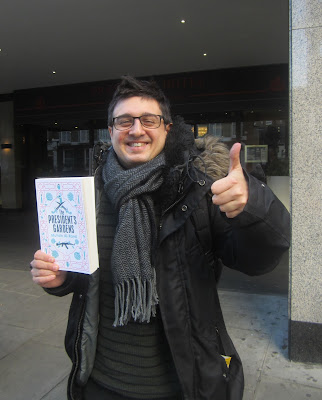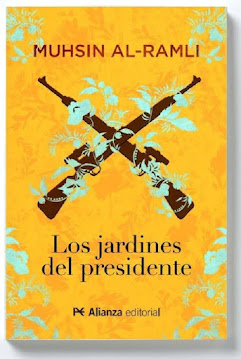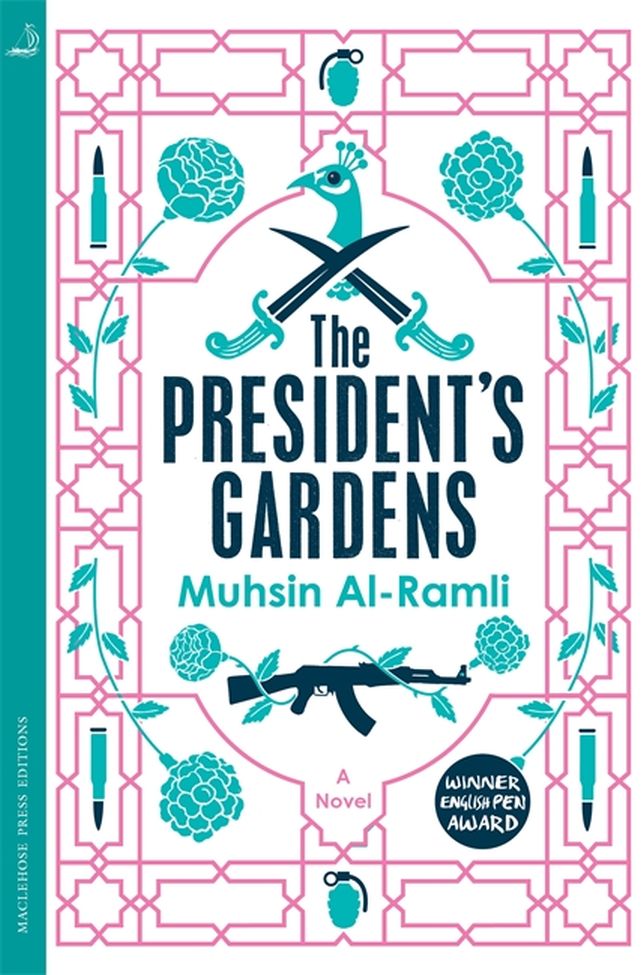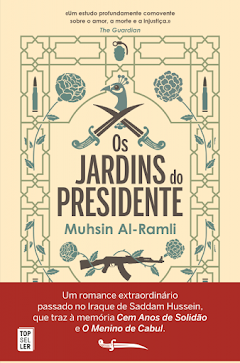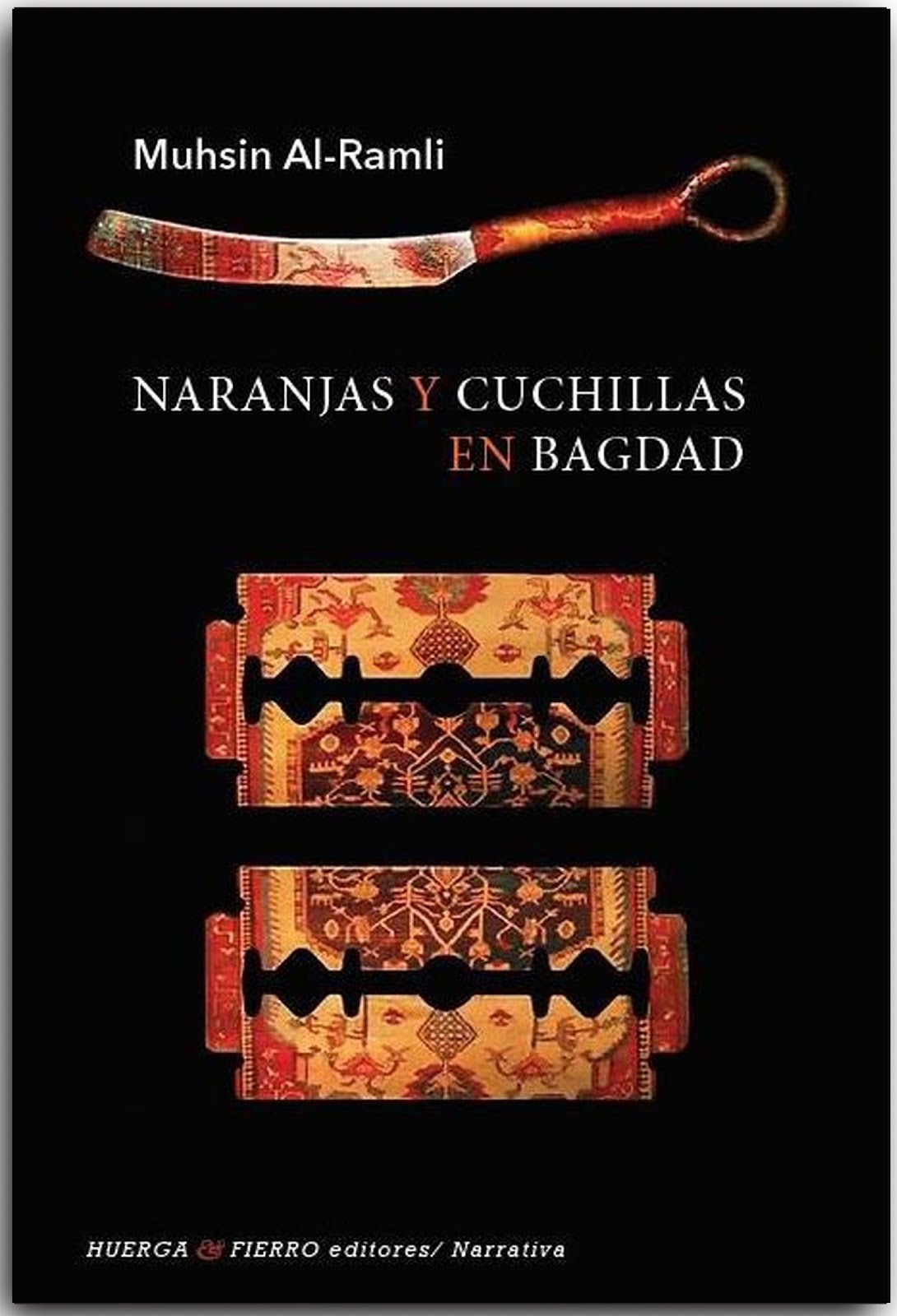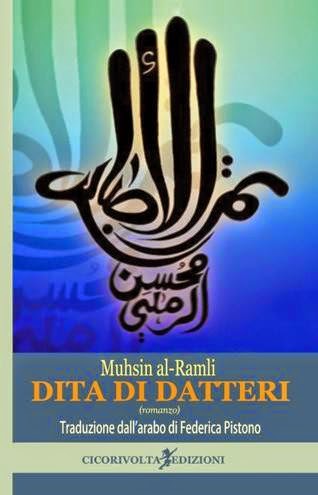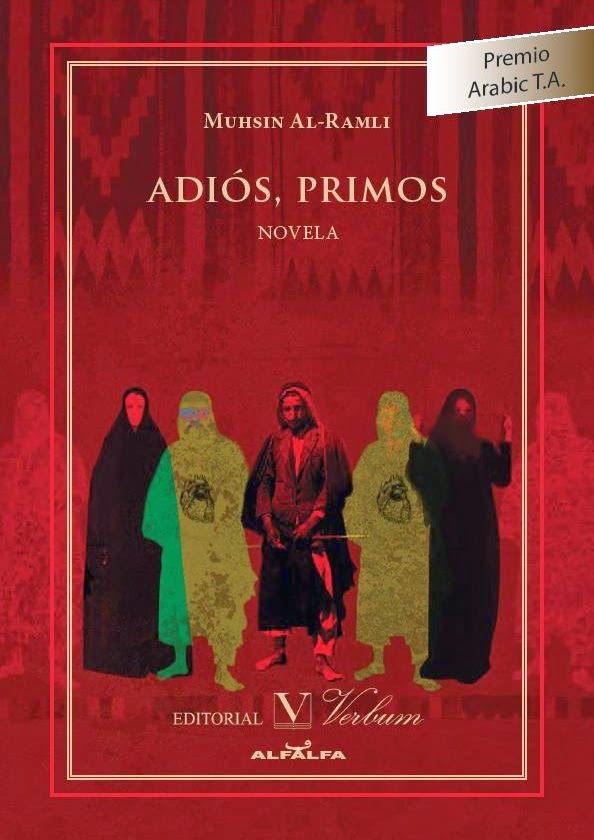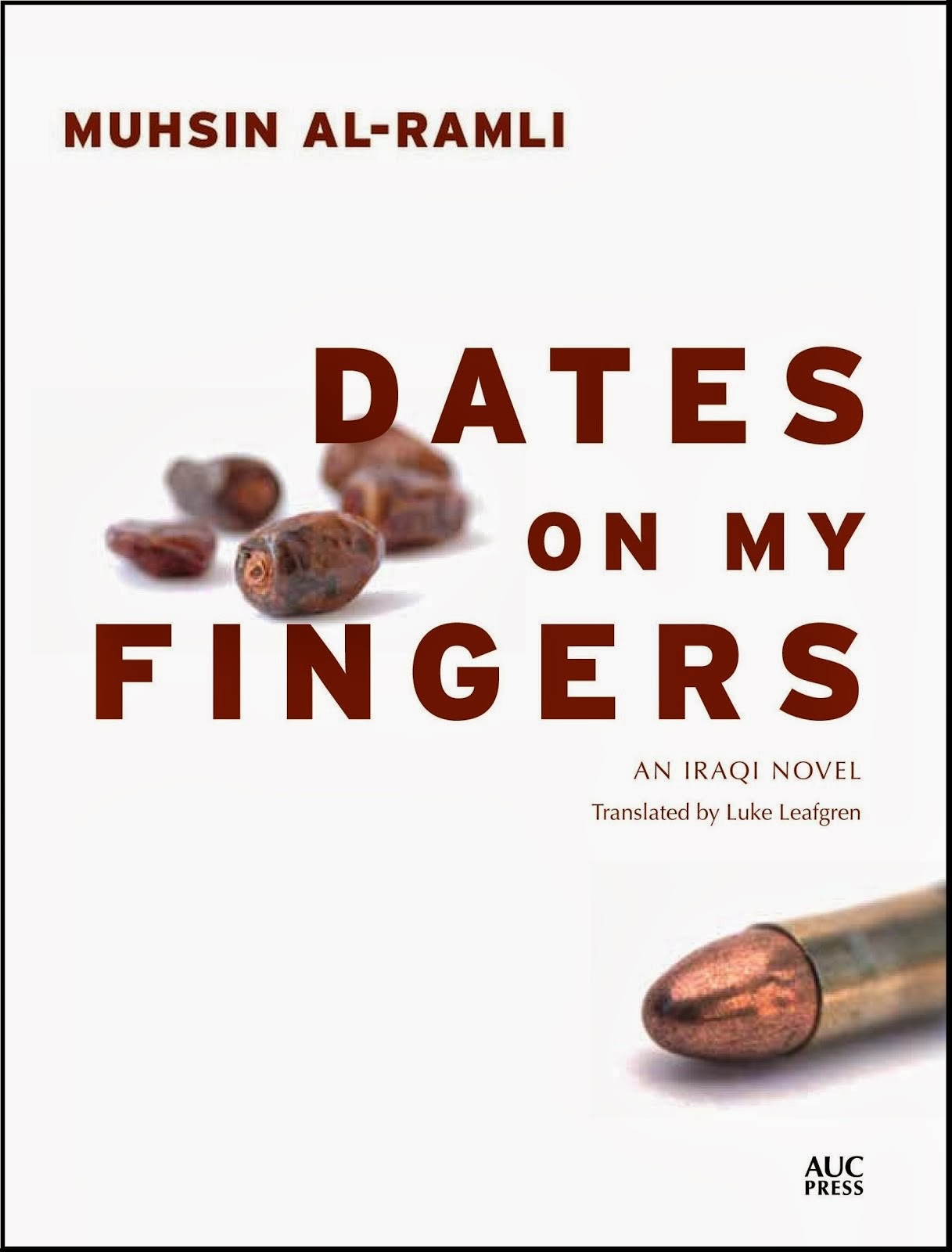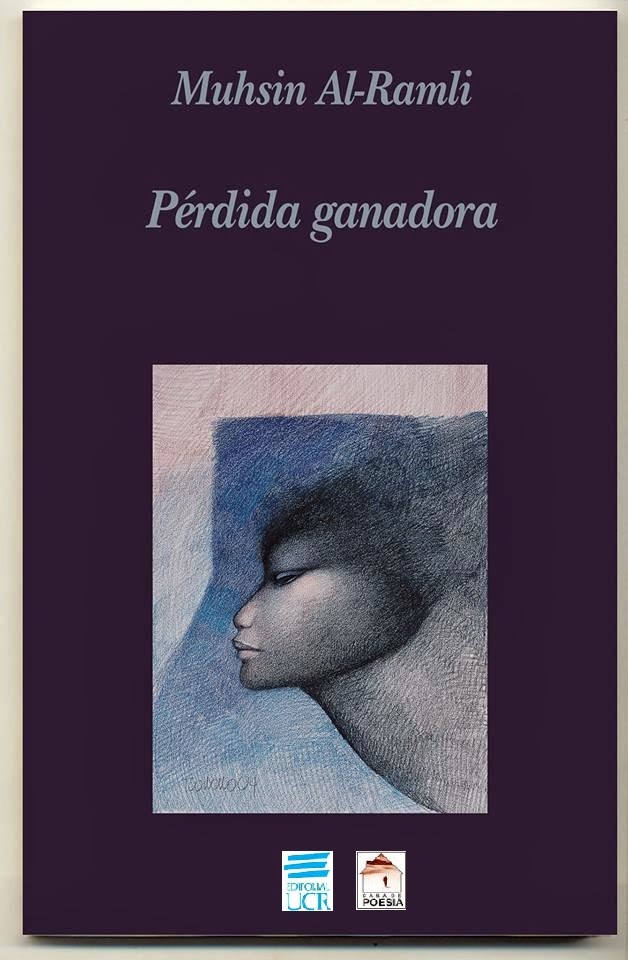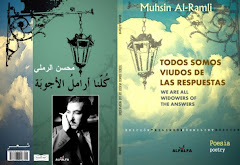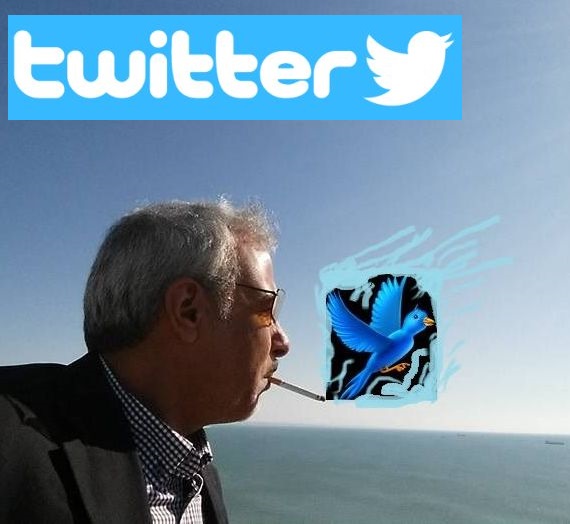Muhsin Al-Ramli: 'During Saddam’s regime at
least we knew who the enemy was'
- interview
Iraqi author of the
acclaimed novel The President’s Gardens on life under Saddam Hussein and
after
Sunday, 28 May 2017
'I wrote this book to
speak to young Iraqis and help them understand their country'
Saddam Hussein’s name is never mentioned in The President’s Gardens, even though he haunts every
page. The one time that the reader encounters him directly, he is referred to
simply by his title. In a novel of vivid pictures, the almost hallucinogenic image of the President
turning the ornamental gardens around him into a bloodbath is one of the most
unforgettable. As a trembling musician plays his oud by a lake, Saddam
systematically humiliates him with accusations and insults, casually shooting
the ducks and fish around them, before taking up an AK47 and dispatching the
man in a hail of bullets.
The author Muhsin Al-Ramli is well acquainted with the
psychotic precision of Hussein’s brutality, and refuses to name him because he
feels it would “dirty” the book. “At 8pm on 18 July, 1990, Saddam Hussein’s
regime killed my brother [the poet Hassan Mutlak – known as the Lorca of Iraq],” he tells me. “He wasn’t in the army, but he had been plotting a coup
with some of Saddam’s soldiers. The plot was discovered at the last moment.
They were arrested and tortured – then the soldiers were killed with bullets,
and my brother, because he was a civilian, was hanged. They didn’t return the
bodies to the families of the military men till the families paid the cost of
the bullets they had used to kill them.”
This is not the only tragedy that has marked the
50-year-old Al-Ramli’s life, yet the sleek well-preserved man I talk to in the
vast darkened lounge of Russell Square’s President Hotel does not flaunt his
emotional scars. On the contrary, he is distinguished by the fierce, almost
relentless, humour I have encountered when interviewing other survivors from
totalitarian regimes. Anger and laughter are closely intertwined in his
conversation and prose – when challenged on this, he replies, “when situations
reach their limit of tragedy and pain there is no other way of expressing this
than through sarcasm and irony.” His great literary hero is Cervantes – he did
his doctoral thesis on Don Quixote into
Arabic – and he points out how the comic ebullience of the Spaniard’s
masterpiece was, in essence, a response to “suffering so much under the Inquisition”.
The President’s Gardens – his third novel – has been ecstatically hailed
since its translation into English by Luke Leafgren, not least by Robin
Yassin-Kassab in the Guardian who
describes it as an “epic account” of Iraq’s sufferings since 1980. It tells the
story of modern Iraq through a portrait of three friends: Tariq the Befuddled,
Abdullah Kafka, and Ibrahim the Fated. Deftly Al-Ramli sketches the joys and
pains of growing up in a village (evocative of his own birthplace, Sudara, in
northern Iraq), infusing tragedy with comedy, the epic with the intimate, and
the real with the surreal.
It is Ibrahim who witnesses Saddam carrying out the
execution in his Versailles-like gardens – an episode, Al-Ramli tells me, taken
from a real-life account by one of his relatives. Amid the poisoned perfection
of perfumed fountains and manicured flowerbeds, Ibrahim is employed – as a
“reward” for loyal service in the army – to bury the corpses of Saddam’s
torture victims. The lugubrious Abdullah, nicknamed “Kafka” because of his melancholic
nature, does military service with Ibrahim, yet his fate is to be imprisoned in
Iran where he witnesses Shiite oppression under Ayatollah Khomeini. Tariq the
“Befuddled”, so-called because he is easily seduced by any new idea, is the
most fortunate of the three. He becomes an imam, is spared military service and
ultimately prospers, even as he witnesses the tragedies of those living in the
village around him.
Though his family suffered much under Saddam Hussein –
Al-Ramli remembers that the one time he saw Hussein, while on military service
“I almost stopped breathing I was so afraid” – the novel is striking for its
lack of partisanship. In the arresting opening image, nine severed heads are
delivered to the village in banana crates. Al-Ramli points out that this echoes
the fate that befell nine of his relatives in 2006, after Saddam had fallen
from power. “During Saddam’s regime at least we knew who the enemy was,” he
says. “Since he fell, we have encountered multiple enemies, both inside and out
of the country. The Americans and the British left our borders vulnerable. I
start my novel when I do, because that was the beginning of two of the most
difficult years in Iraq’s history.”
The scene where the Americans are the main destroyers
– set during the first rather than the second Gulf War – is the most
apocalyptic. Ibrahim the Fated – whose philosophical acceptance of suffering
means, according to Al-Ramli, that he represents Iraq – is fighting in Kuwait.
When the allied forces begin their attack on Saddam’s forces, the desert is
quickly turned into “a sea of fire and iron”. Ibrahim and his friend Ahmad try
to escape, fleeing as far as the international highway connecting Kuwait and Basra
before the American B-52s arrive. “What they saw was a true hell in all its
horrors… The road was transmogrified into an explosion of fire, smoke, limbs,
blood, destruction, ashes, death.”
Al-Ramli himself was on forced military service during
the Kuwait war and witnessed the immediate aftermath of the scene. In a moment
in the novel that evokes the magical realism of another of his literary heroes,
Gabriel García Márquez, he describes a dog with a human face approaching
Ibrahim as he lies amid the corpses left by the bombers. “[The] monstrosity of
the sight terrified him. When the dog turned away, Ibrahim realised it did not
have human features, but rather it was carrying someone’s severed head in its
jaws, the face turned forward.”
The President’s Gardens represents a significant maturation of style for
Al-Ramli. Its virtuosity and breadth makes it different from the acclaimed yet
more obviously raw and angry Dates on My Fingers.
By showing the universality of evil – refusing to ascribe it more to one side
than another – Al-Ramli has made this nothing less than a great novel about
life and death. The intense joys of love for a child, the complex pleasures of
friendship, or the simple delights of swimming in the Tigris are evoked every
bit as vividly as the terrors of destruction.
Yet this same refusal to embrace partisanship also
means that Al-Ramli can no longer go home to visit his family. The
bookish child of a village cleric – “my mother wanted to burn my books because
she thought I would go mad,” he laughs – he fled to Spain in 1995. Now he
teaches at the Saint Louis University in Madrid. But his family still lives in
the village where he was born, which – at the time we meet – is under the
control of Daesh.
“They killed one of my beloved nieces because she had
been a monitor for an election – they killed her with a sword in the town
square,” he says, eyes glistening. It’s not just Daesh he fears – “because I’ve
spoken so much about Iran, [Shiites] want to kill me too. Then there are those
who still believe in Saddam’s legacy – “A lot of Arab people, Palestinians,
Moroccans, continue to think of Saddam Hussein as a hero. They hate me and
reject me for the way I’ve portrayed him.”
His eyes glitter. “But I wrote this book to speak to
young Iraqis and help them understand their country. Even now, every day some
atrocity is taking place in Iraq. They are robbing museums, destroying
archaeology, breaking civil society and the links that bring the community
together. One of the most important jobs that literature has is to explain the
memories that are being wiped away every day.”
The President's Gardens is published by Quercus Books (£12.99















